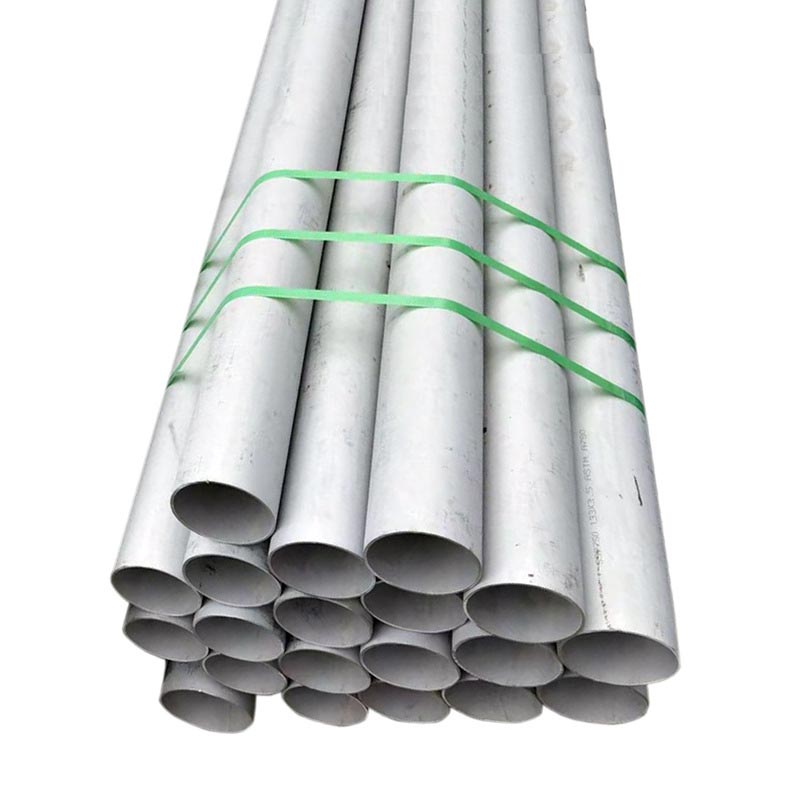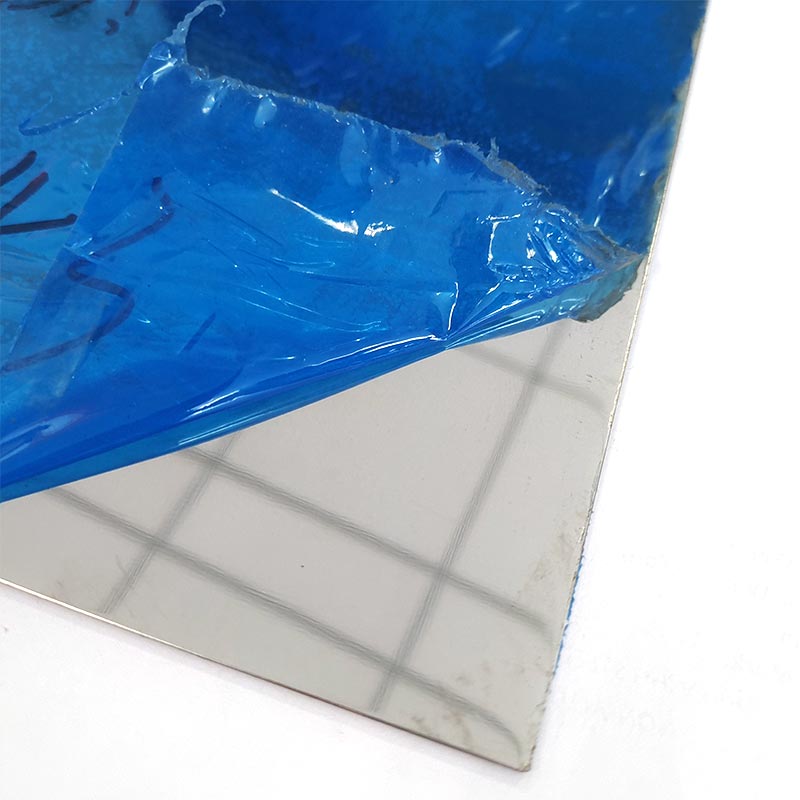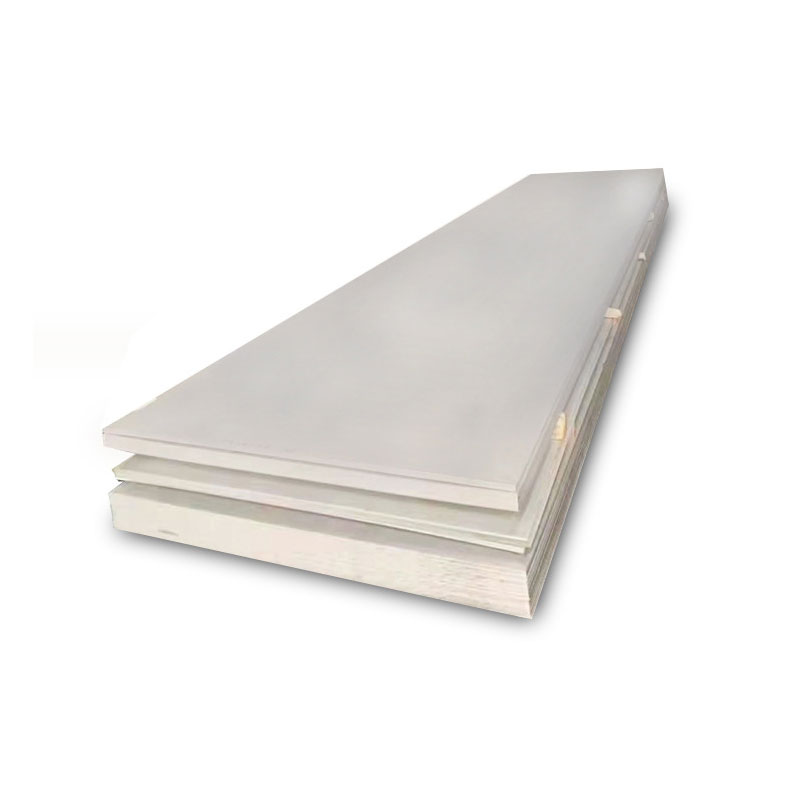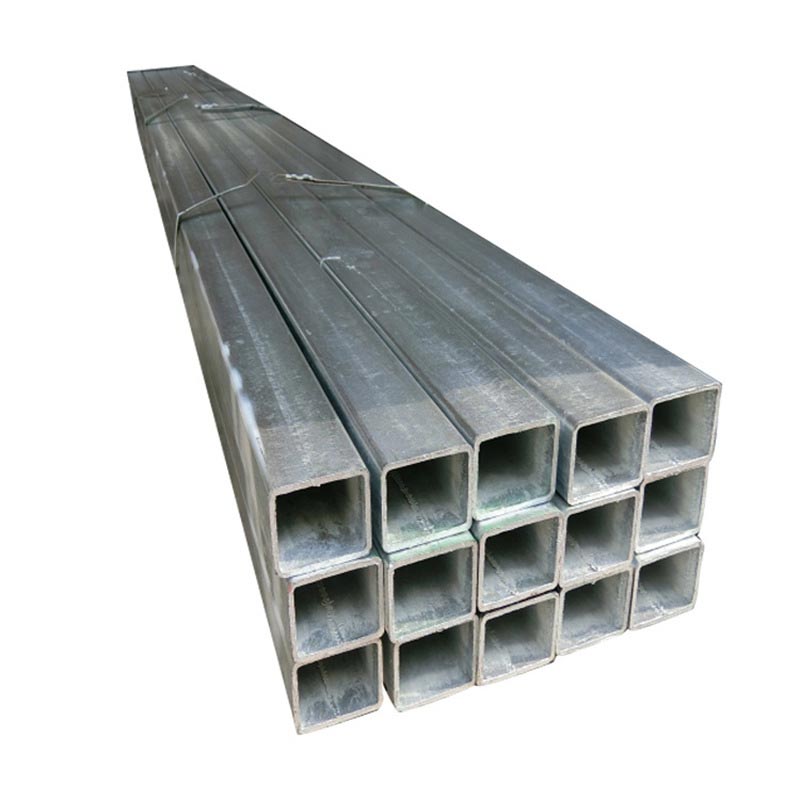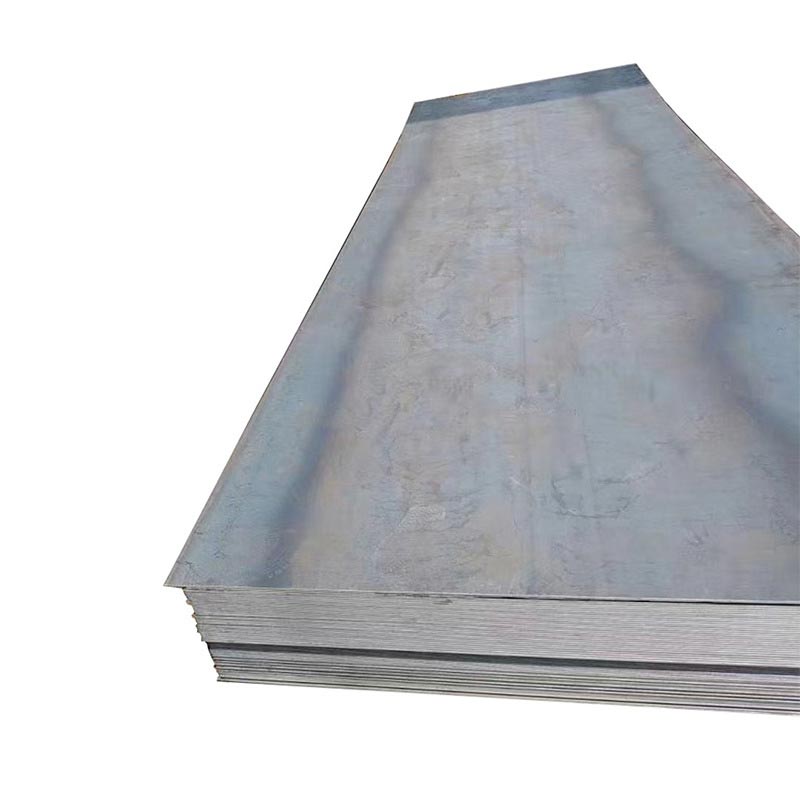How to Test the Hardness of Carbon Steel Coil and Its Applications in Mechanical Processing
How to Test the Hardness of Carbon Steel Coil and Its Applications in Mechanical Processing
Testing the hardness of Carbon Steel Coil is essential to ensure its suitability for various industrial applications. The most common methods include the Rockwell, Brinell, and Vickers hardness tests. The Rockwell test measures depth penetration under load, while the Brinell test uses a steel ball to create an indentation. The Vickers test, suitable for thin Carbon Steel Coil, employs a diamond pyramid indenter. These methods help determine the material's strength and durability, ensuring Carbon Steel Coil meets specific project requirements.
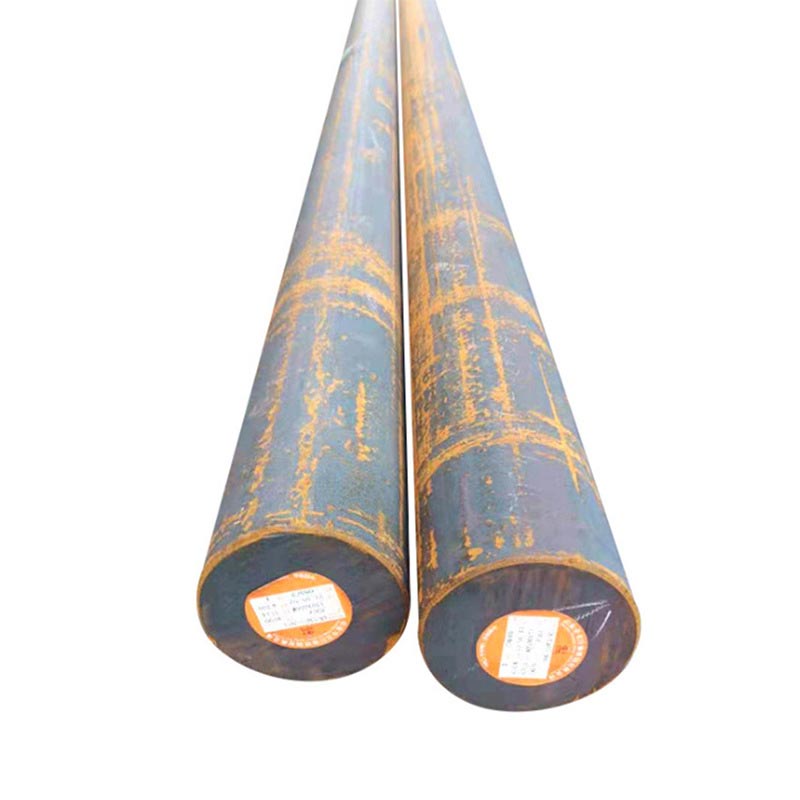
In mechanical processing, Carbon Steel Coil is widely used due to its excellent machinability and cost-effectiveness. Carbon Steel Coil is commonly shaped into rods, sheets, or tubes for construction, automotive, and machinery parts. Its high tensile strength makes Carbon Steel Coil ideal for gears, shafts, and fasteners. Additionally, Carbon Steel Coil can be heat-treated to enhance hardness, making it versatile for heavy-duty applications.
To maximize the benefits of Carbon Steel Coil, proper hardness testing and material selection are crucial. Whether for structural frameworks or precision components, Carbon Steel Coil remains a cornerstone in mechanical engineering. By understanding its properties and applications, industries can leverage Carbon Steel Coil for efficient and reliable performance.
- Some Simple Analyses on the Material Characteristics of Stainless Steel
- Why Does Tinplate Steel Win Real-World Packaging Projects Today?
- Surface Quality Inspection Methods and Precautions for 304 Stainless Steel Sheet
- What is the Manufacturing Process of Stainless Steel Tube?
- Welding Quality Measures for 304 Stainless Steel Seamless Tubes
- How to Choose the Stainless Steel Tube for Your Industrial Needs?






